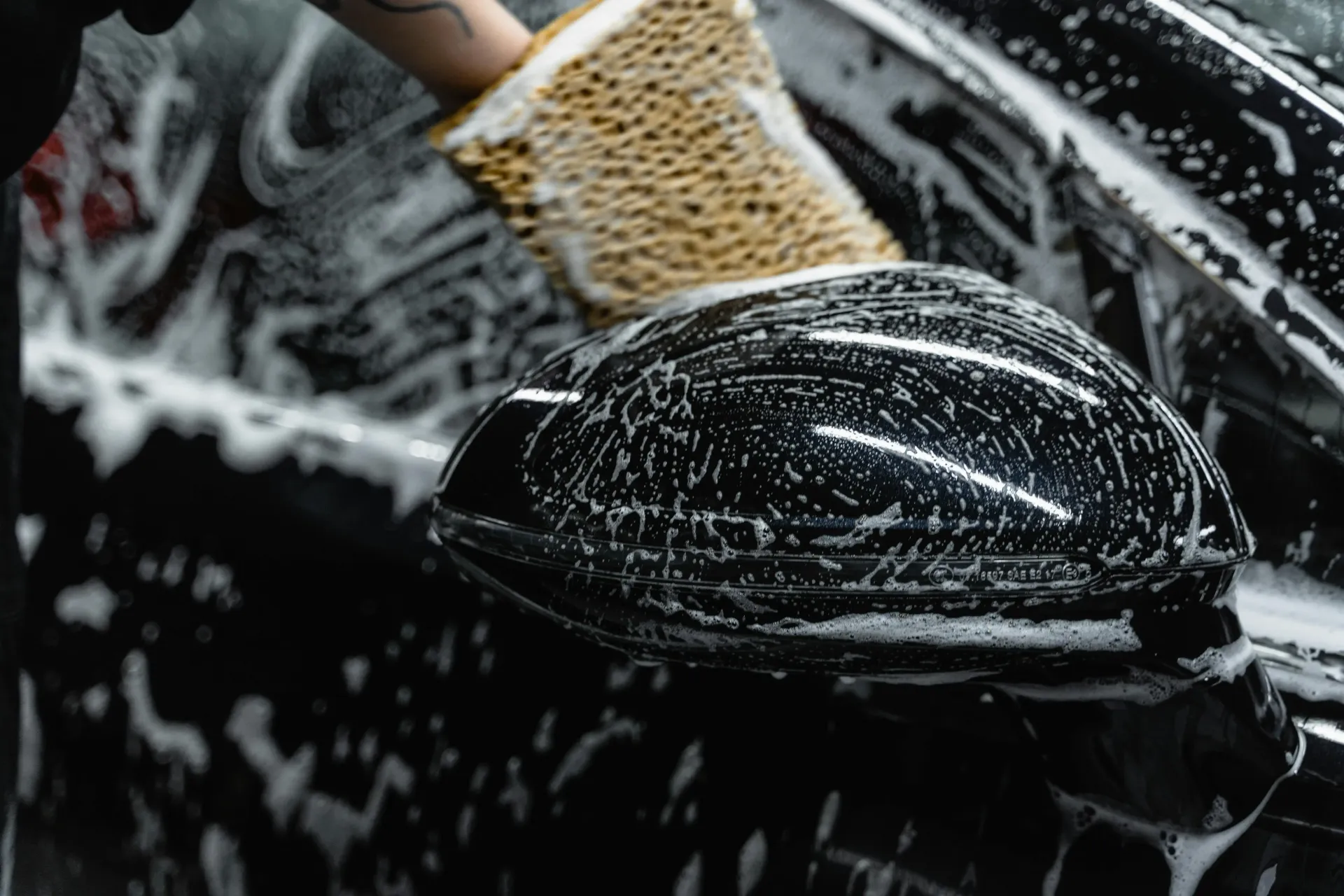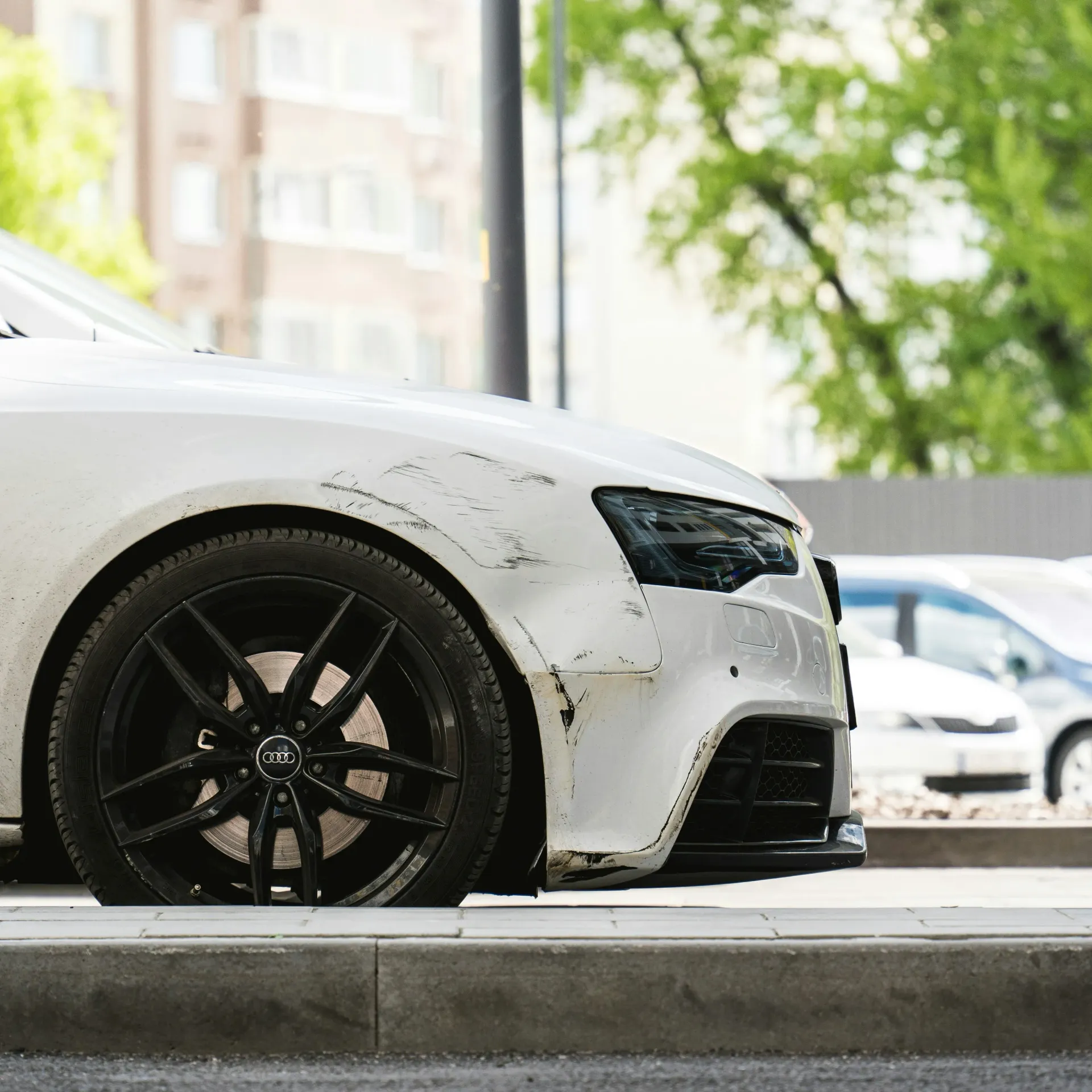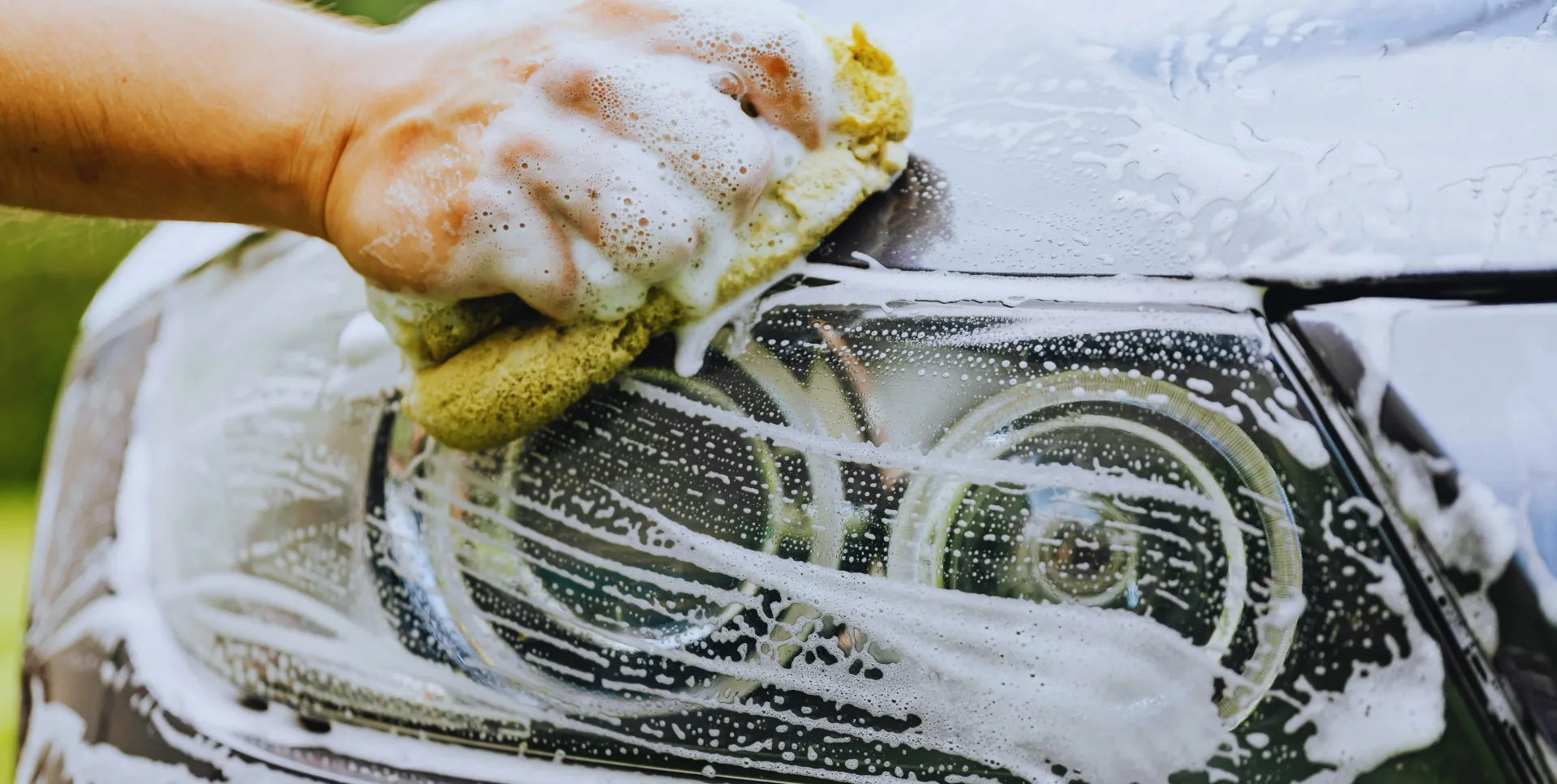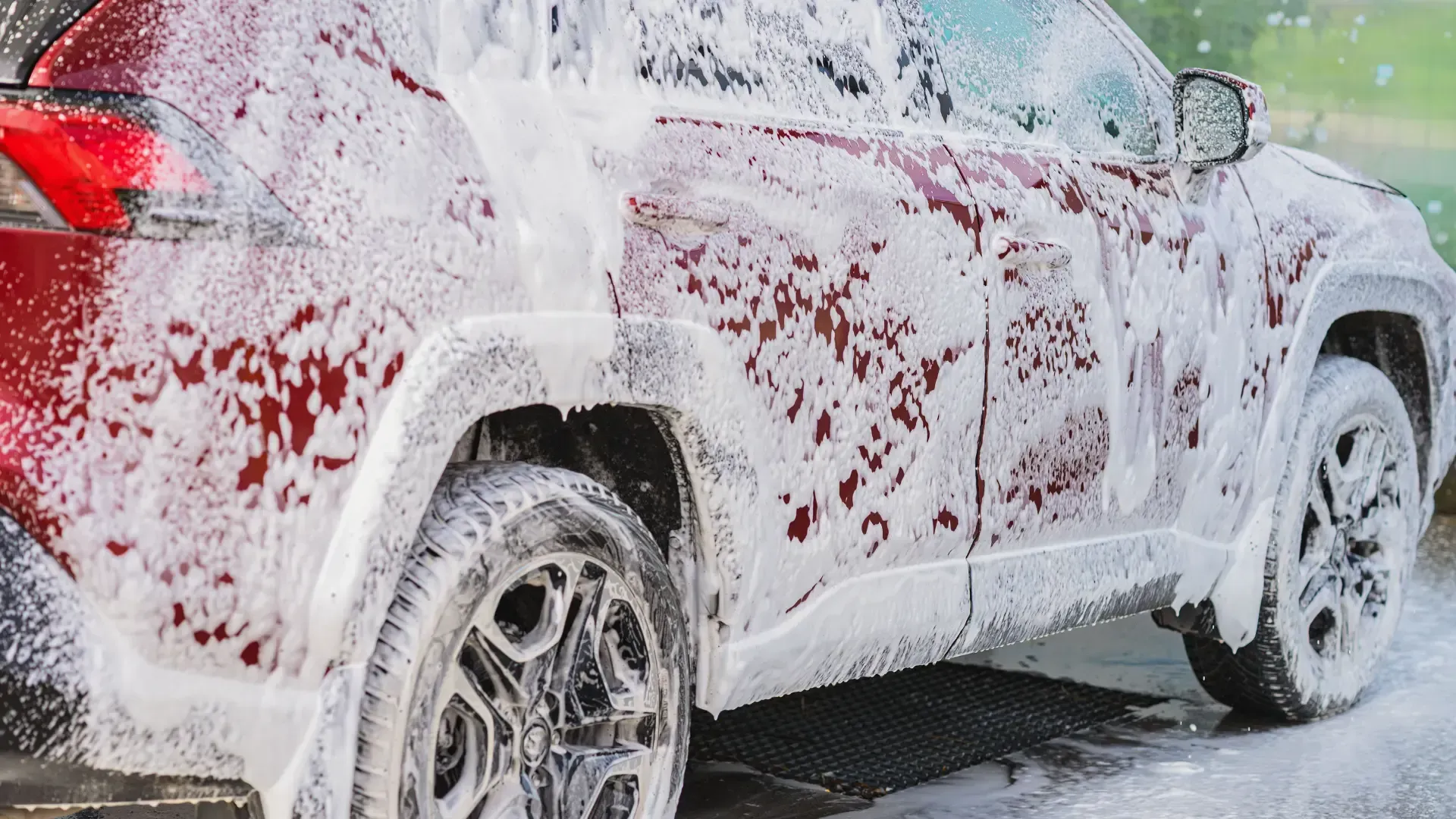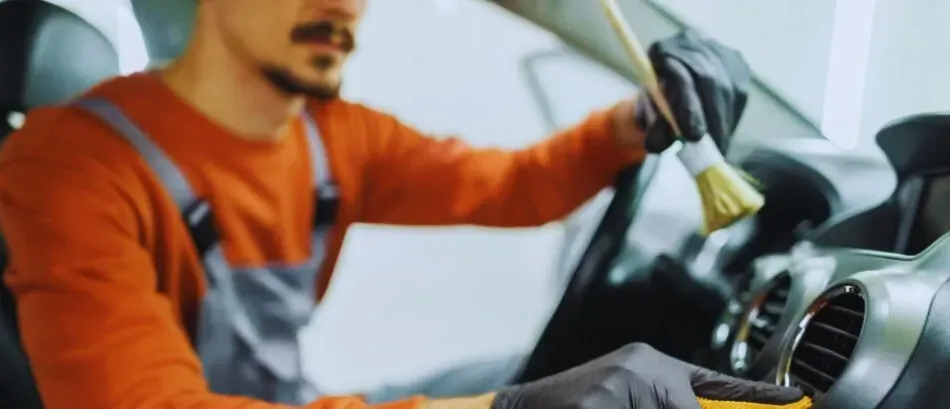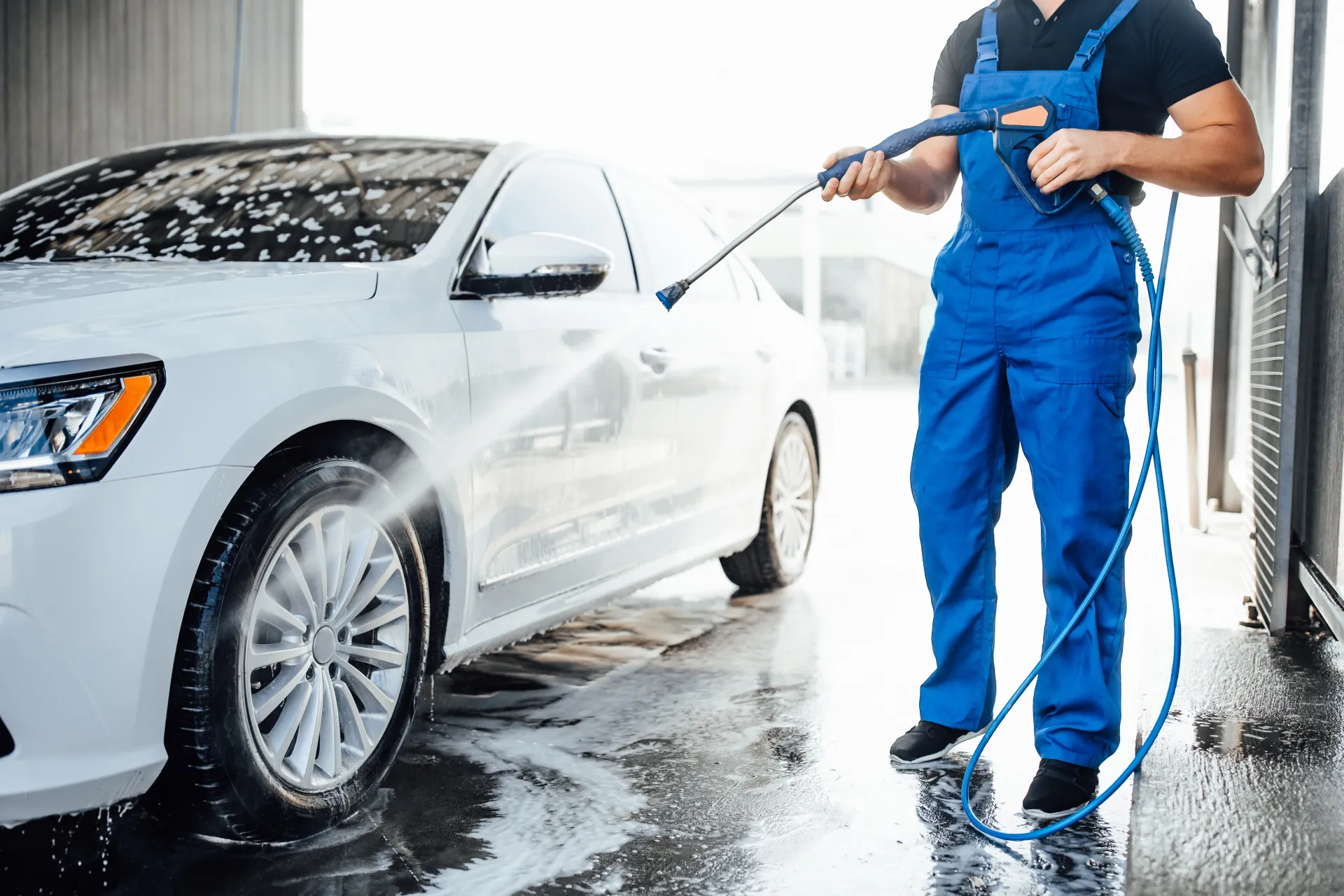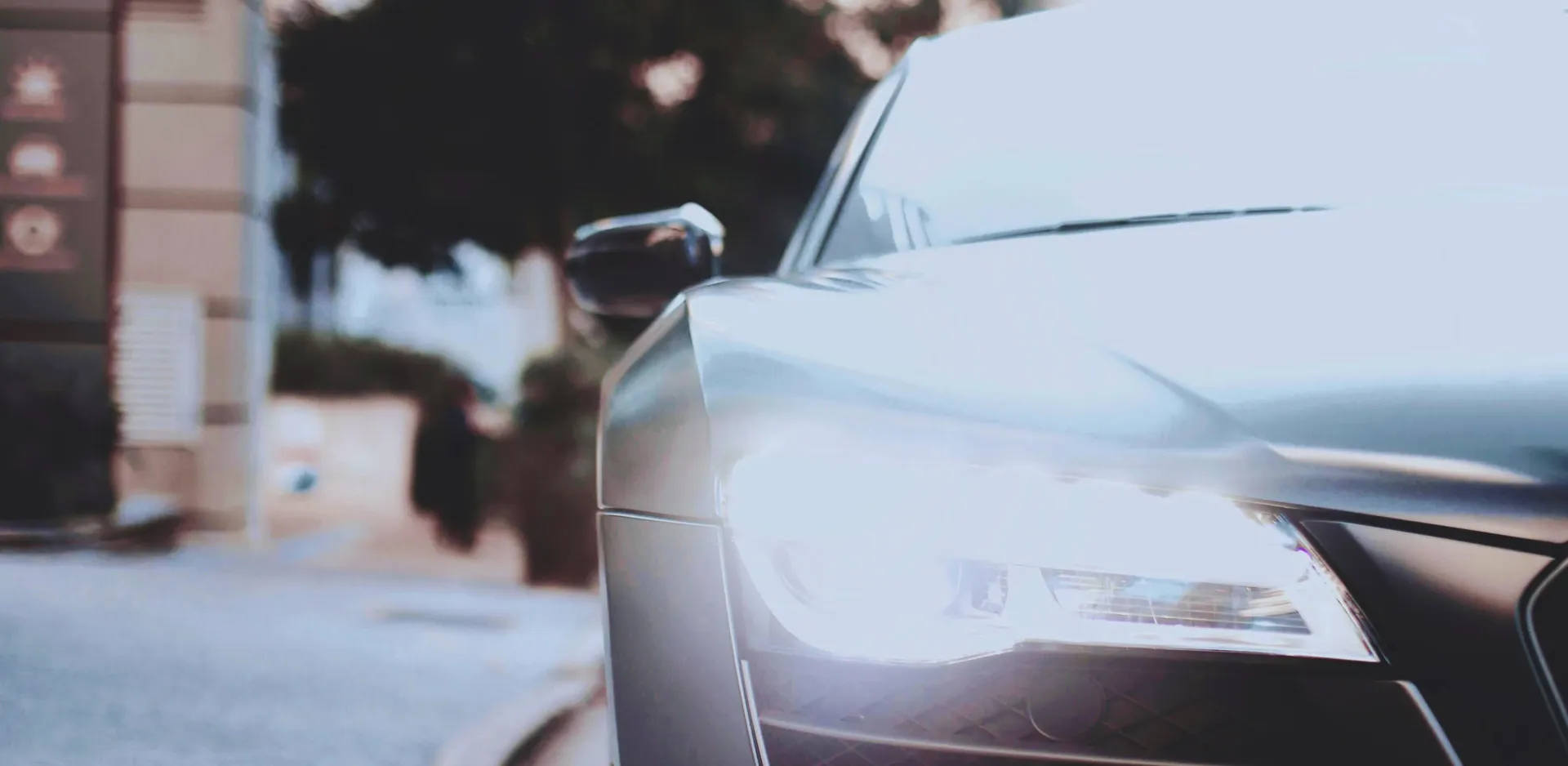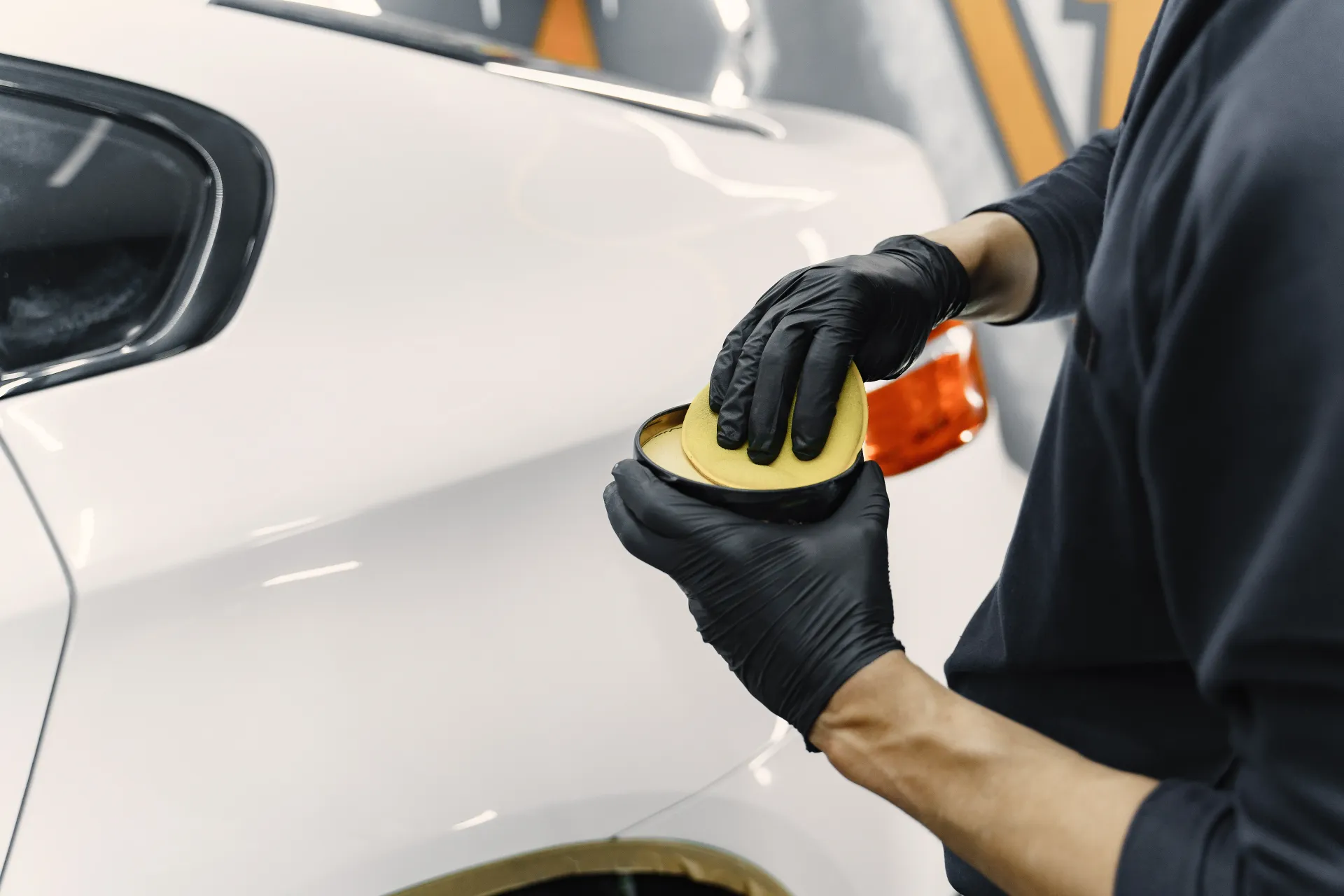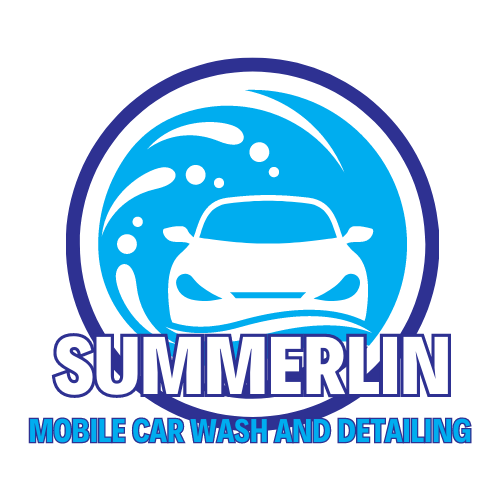Winning the Battle Against Paint Oxidation, Rock Chips, and Scratches: Protect Your Vehicle's Finish
Owning a vehicle is a significant investment. However, protecting that investment goes beyond regular oil changes and tire rotations. Paint oxidation, rock chips, and scratches are among the most common—and most frustrating—issues vehicle owners face. Left unchecked, these issues not only diminish your car’s aesthetic appeal but can also lead to costly repairs. Fortunately, with the right knowledge and proactive care, you can shield your vehicle's finish from these damaging elements.
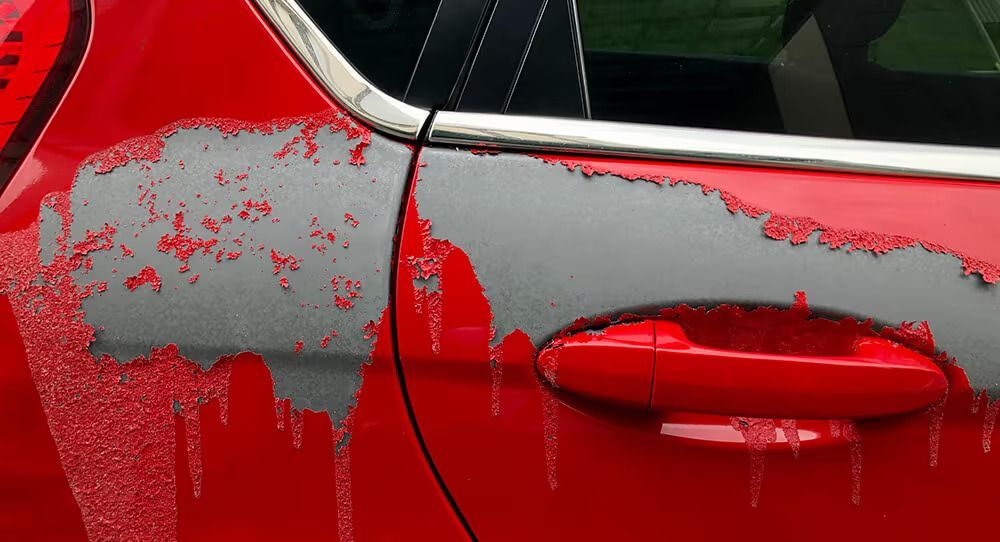
Introduction to Vehicle Paint Protection
Your vehicle's paint isn’t just for looks—it’s a protective barrier against the elements. Whether you drive a luxury sports car or a family SUV, maintaining your car's finish helps preserve its value and appeal. But battling oxidation, rock chips, and scratches can feel like an endless war. Every drive exposes your car to threats, making proactive protection essential.
Understanding Paint Oxidation
Oxidation occurs when your vehicle’s paint reacts with oxygen over time, leading to a dull, chalky appearance. This chemical process accelerates under the intense sun, especially in regions with strong UV exposure. Initially, you might notice a loss of shine or small patches where the color fades. Over time, this damage penetrates deeper, compromising the integrity of the clear coat and exposing the underlying paint layers to further degradation.
The Impact of Rock Chips on Your Vehicle
Driving exposes your car to flying debris—small rocks, gravel, and road salt. When these objects strike your vehicle at high speed, they chip away at the paint, leaving behind tiny craters. Left untreated, these chips can grow, allowing moisture to penetrate and potentially causing rust. Over time, multiple chips create an unsightly "sandblasted" effect, making your car look older than it is.
Common Causes of Vehicle Scratches
Scratches can happen in the blink of an eye. Parking lots are notorious for minor dings from shopping carts or careless door openings. Washing your vehicle improperly—using dirty sponges or automatic car washes—can leave behind micro-scratches. Even nature poses risks, such as falling branches, bird droppings, and wind-blown debris, all of which can etch your paint if not promptly removed.
The Role of UV Radiation in Paint Damage
The sun is one of your vehicle’s greatest enemies. UV rays break down the clear coat, making it brittle and prone to cracking. This not only exposes the base color but accelerates oxidation. In summer months, the combination of heat and UV exposure compounds the damage, making routine maintenance even more critical.
Why Regular Washing is Crucial
Washing your car removes harmful contaminants before they embed in the paint. Dirt, pollen, and bird droppings can all accelerate oxidation and corrosion. However, washing should be done carefully. Use two buckets—one for clean water, one for rinsing your sponge—to avoid dragging debris across your paint. Always dry your vehicle with a clean microfiber towel to prevent water spots.
The Power of Professional Detailing
Professional detailing offers far more than a shiny exterior. Trained technicians use specialized products to deep-clean and protect your paint. Services often include clay bar treatments, polishing, waxing, and sealants designed to shield your car from oxidation, scratches, and rock chips. If you’re short on time, consider a Mobile Detailing Service for expert care right at your doorstep.
The Benefits of Mobile Detailing Service
Mobile detailing combines convenience with quality. Instead of rearranging your schedule for a shop appointment, professionals come to you, whether at home or work. This allows for personalized attention, with services tailored to your vehicle's unique needs—all while you continue your day uninterrupted.
Paint Protection Film (PPF) Explained
PPF, often called clear bra, is a transparent film applied to your car’s most vulnerable areas—hood, bumper, mirrors, and door edges. It absorbs the impact from rocks and debris, preventing chips and scratches. While the upfront cost is significant, PPF can save you thousands in repainting and repairs down the road.
Ceramic Coatings: A Modern Solution
Ceramic coatings form a chemical bond with your car’s paint, creating a durable, hydrophobic layer that repels water, dirt, and UV rays. Unlike wax, ceramic coatings can last several years, reducing maintenance and preserving your car’s glossy finish. Their self-cleaning properties also make routine washing far easier.
Importance of Proper Waxing
Wax remains a time-tested way to protect your vehicle’s finish. By creating a thin, sacrificial barrier, wax shields against contaminants and UV damage. Synthetic waxes often last longer than natural carnauba but offer similar levels of protection. Reapply every few months for optimal results.
Quick Fixes for Minor Scratches
Not all scratches warrant expensive repairs. Light surface marks often respond well to scratch-removal compounds or polishing kits. For deeper scratches, touch-up paint may be necessary. However, if you’re uncertain, consult a professional detailer to avoid making the damage worse.
Touch-Up Paint Applications
Touch-up kits allow you to address chips and small scratches before they spread. Start by cleaning the area thoroughly, then apply the paint in thin layers. After curing, lightly polish the surface to blend the repair with surrounding paint.
When to Consider Full Paint Correction
If your vehicle exhibits widespread swirls, haze, or water spots, full paint correction may be needed. This intensive process uses machine polishers to remove microscopic layers of damaged clear coat, restoring depth and gloss. It’s best performed by professionals for optimal results.
The Science Behind Clear Coats
Your vehicle’s clear coat acts as a protective barrier over the colored base coat. While clear coats offer some protection against UV rays and minor abrasions, they’re vulnerable to neglect. Proper care—including washing, waxing, and avoiding harsh chemicals—helps maintain this critical layer.
Protecting Your Vehicle from Road Salt
Winter brings an invisible menace: road salt. While salt prevents ice, it also corrodes metal surfaces and eats away at your paint. Regular undercarriage washes and applying sealants before winter hits can help protect against salt-induced damage.
The Role of Proper Parking
Where you park plays a crucial role in preserving your paint. Covered garages protect against UV radiation, bird droppings, and falling debris. Even temporary solutions like car covers can make a noticeable difference.
Avoiding Automatic Car Wash Damage
While convenient, many automatic car washes use abrasive brushes that create fine scratches. Touchless washes are safer, but still not perfect. Handwashing remains the gold standard for paint protection.
Using Microfiber Towels Correctly
Drying with rough materials can undo all your hard work. Use high-quality microfiber towels, gently patting surfaces dry instead of rubbing. This prevents swirls and maintains your glossy finish.
Seasonal Maintenance Tips
Every season presents unique challenges. In summer, wash frequently to remove pollen and insects. In winter, protect against salt and slush. Spring and fall are ideal times for full details to prepare for the extreme temperatures ahead.
The Cost of Neglect
Ignoring paint damage compounds the problem. What starts as a tiny chip can evolve into rust, while oxidation worsens with each passing season. Repairs grow more costly, and resale value plummets.
Insurance Considerations
Some insurance policies cover certain types of paint damage, such as vandalism or severe weather events. Review your policy carefully, and consult with your provider to understand your coverage options.
How Weather Affects Vehicle Paint
From hailstorms to scorching sun, weather poses ongoing threats. Coastal areas also face salt air exposure, accelerating corrosion. Regional climate should influence your maintenance plan.
Innovations in Paint Protection
Advancements in nanotechnology have led to new coatings that offer even longer-lasting protection. Expect future solutions to provide superior defense while requiring less maintenance.
Why Professional Inspections Matter
A trained eye can spot early warning signs you might miss. Scheduling periodic inspections allows professionals to address minor issues before they escalate, saving you time and money.
Choosing the Right Products
Not all products are created equal. Stick to trusted brands with proven track records. Avoid abrasive compounds or cheap materials that can cause more harm than good.
Maintaining Your Investment
Consistency is key. Develop a maintenance schedule that includes regular washing, waxing, inspections, and professional details. This proactive approach ensures your vehicle remains beautiful and valuable for years to come.
The Environmental Impact of Paint Damage
Leaking fluids, rust, and deteriorating finishes can introduce harmful contaminants into the environment. Eco-friendly detailing practices help minimize your car’s environmental footprint.
Creating a Long-Term Paint Protection Plan
Success lies in a multi-layered approach: wash regularly, apply protectants, fix chips promptly, and schedule professional detailing. This comprehensive plan preserves both beauty and value.
FAQs
How often should I wash my vehicle to prevent oxidation?
Ideally, wash your vehicle weekly, especially during harsh seasons. Regular washing removes harmful contaminants before they can damage the paint.
Are ceramic coatings better than wax?
Ceramic coatings provide longer-lasting protection, often several years, while wax needs reapplication every few months. However, both have their place depending on your budget and commitment.
Can rock chips lead to rust?
Yes, if left untreated, rock chips can expose bare metal, allowing moisture to create rust.
How do I know if my car has oxidation?
Early signs include dullness, fading color, and a chalky residue when you run your hand over the paint.
Is professional detailing worth the cost?
Absolutely. Professionals have access to specialized tools and products that deliver superior protection compared to DIY methods.
Can mobile detailing really provide the same quality as a shop?
Yes! A reputable
Mobile Detailing Service can deliver professional-grade results with the added convenience of coming directly to you.
Conclusion
Winning the battle against paint oxidation, rock chips, and scratches isn’t impossible—it simply requires consistent care and a bit of professional help along the way. Protecting your vehicle’s finish not only maintains its appearance but safeguards your investment for years to come. If you have questions or need expert assistance, feel free to Contact us today.
Links:
